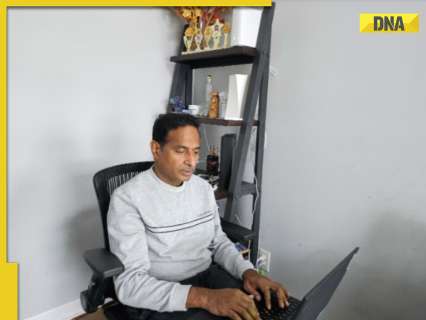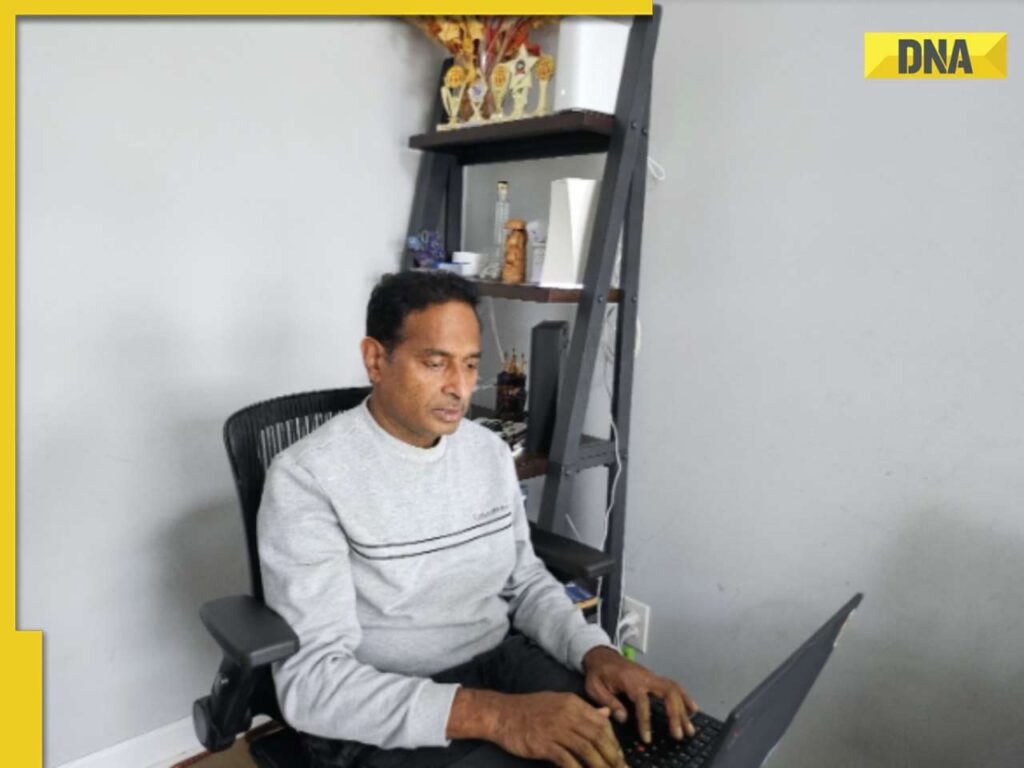
As the automotive industry advances rapidly, the role of technical program management has become increasingly important in navigating the complexities of rapid development and deployment of advanced in-vehicle technologies. Suresh Sureddi, with over two decades of experience in automotive electronics, has navigated the challenges of risk and change management in this high-stakes field. His journey portrays the hard-to-find blend of strategy, technical expertise, and adaptability required to drive successful outcomes in automotive engineering.
As the automotive industry advances rapidly, the role of technical program management has become increasingly important in navigating the complexities of rapid development and deployment of advanced in-vehicle technologies. Suresh Sureddi, with over two decades of experience in automotive electronics, has navigated the challenges of risk and change management in this high-stakes field. His journey portrays the hard-to-find blend of strategy, technical expertise, and adaptability required to drive successful outcomes in automotive engineering.
In this position, Sureddi was responsible for software project management at Wipro Technologies, Bangalore, where he was involved in the management of infotainment and telematics software for key automotive original equipment manufacturers such as Ford, GM, BMW, and Daimler. That is where he got the chance and experience to deal with risks and changes in a project, which formed the basis of his subsequent contributions. Within a premium Automotive OEM in the UK, he was responsible for the functional delivery of telematics programs such as, but not limited to, innovative features such as remote vehicle interactions and stolen vehicle tracking. These initiatives required detailed design failure analysis (DFMEA) and the working of risk management for reliability and innovation. In 2015 and 2016, he worked as a team leader of infotainment test automation projects for Honda and Ford infotainment systems, managing a team size of 26.
In the case of Harman International, Sureddi has been a senior technical program manager, which solidified his position as steering intricate projects. Within the last five years, he oversaw programs supplying car audio amplifiers for Ford’s cross-carline vehicles, from SUVs and pickup trucks to premium vehicles, such as the Lincoln Navigator. These projects involved managing cross-functional teams between geographically dispersed software, hardware, mechanical, validation and advanced manufacturing teams. He has managed programs involving an R&D spend of a few million and has been part of a team generating hundreds of millions of USD in revenue for Harman. He served as the customer program manager and was responsible for leading the customer’s scope, budget, schedule, and delivery on 4 engineering programs.
He also performed as a technical program manager on core program development and was responsible for coordinating technical teams worldwide. This involved coordinating and scheduling tasks for Software, Hardware, Mechanical, Validation, and plant cross-functional teams for operational delivery.
While working on the processes, one of Sureddi’s career challenges was navigating the global supply chain disruptions caused by the COVID-19 pandemic. He addressed the shortages by driving efforts to identify alternate components from alternate suppliers.
His vast experience in program management and risk management helped him identify risks promptly and assess and mitigate them. He and his team could successfully validate the alternate components on time, which helped them build amplifiers promptly.
Also, participating in an initiative to identify alternate components helped identify the alternate and cost-effective components, which reduced costs.
For change management, tight collaboration with cross-functional engineering teams using the JIRA tool helped assess the change’s feasibility, risk, time, and cost impact. Change management was structured, which helped capture assumptions and risks.
Sureddi’s insights into risk and change management stem from his extensive experience and an understanding of the automotive industry’s operational dynamics. He emphasizes that risk management is often undervalued despite its potential to prevent costly recalls and preserve stakeholder relationships. With a sound risk management framework and practice, OEMs and suppliers can foresee and mitigate potential issues upfront. He says, ” Risk management is not only a procedure that should be conducted between the customer, which in this case is the OEM and the suppliers. Supplier teams have to follow it equally rigorously at their sites for the internal teams. This is important in preventing failure to meet deliverables and incurring more costs than was planned. Even more importantly, the relations between the stakeholders are not going to be harmed.”
He also tells us that the blame game can be avoided after encountering failure, and a good working relationship and teamwork can be maintained. Organizations can mitigate risks effectively and avoid project disruptions by fostering internal alignment within cross-functional teams and maintaining transparent communication with OEMs.
Similarly, Sureddi advocates for a process-driven approach to change management. Bad change management could impact cost, quality, and time. Risky changes should be avoided during the program’s later stage to protect the deliverables’ timing and quality. For any requested change, a thorough feasibility analysis should be done to understand the design’s impact and effectiveness. Assumptions and risks should be understood to avoid unnecessary headaches. Individuals like Suresh Sureddi illustrate that strategic imperatives and collaborative efforts can drive operational success in this demanding automobile industry.

